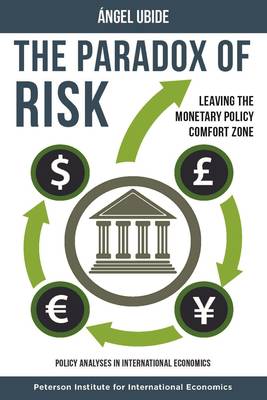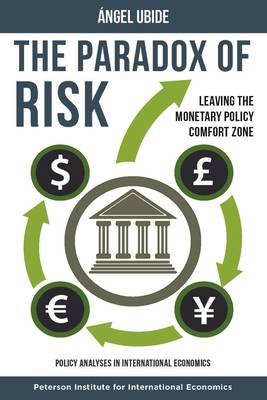
Je cadeautjes zeker op tijd in huis hebben voor de feestdagen? Kom langs in onze winkels en vind het perfecte geschenk!
- Afhalen na 1 uur in een winkel met voorraad
- Gratis thuislevering in België vanaf € 30
- Ruim aanbod met 7 miljoen producten
Je cadeautjes zeker op tijd in huis hebben voor de feestdagen? Kom langs in onze winkels en vind het perfecte geschenk!
- Afhalen na 1 uur in een winkel met voorraad
- Gratis thuislevering in België vanaf € 30
- Ruim aanbod met 7 miljoen producten
Zoeken
Omschrijving
For decades, economic policymakers have worshipped at the altar of combating inflation, reducing public deficits, and discouraging risky behavior by investors. That mindset made them hesitate when the global financial crisis erupted in 2007-08. In the face of the worst economic disaster in 75 years, they often worried excessively about the risks and possible losses from their actions, rather than moving forcefully to support financial institutions, governments and people. Ángel Ubide's provocative thesis in The Paradox of Risk is that central banks' fear of inflation and risk taking has hampered their efforts to revive global prosperity. In their confusion, he argues, policymakers made the recovery weaker. He calls on world leaders to abandon old shibboleths and learn the lessons from the financial crisis and its sluggish aftermath. Ubide mobilizes a wealth of research on the experience from the last decade, urging policymakers to leave their "comfort zone," embrace risk taking, and take bolder action to brighten the world's economic prospects.
Specificaties
Betrokkenen
- Auteur(s):
- Uitgeverij:
Inhoud
- Aantal bladzijden:
- 170
- Taal:
- Engels
- Reeks:
- Reeksnummer:
- nr. 108
Eigenschappen
- Productcode (EAN):
- 9780881327199
- Verschijningsdatum:
- 7/09/2017
- Uitvoering:
- Paperback
- Formaat:
- Trade paperback (VS)
- Afmetingen:
- 152 mm x 229 mm
- Gewicht:
- 566 g

Alleen bij Standaard Boekhandel
+ 81 punten op je klantenkaart van Standaard Boekhandel
Beoordelingen
We publiceren alleen reviews die voldoen aan de voorwaarden voor reviews. Bekijk onze voorwaarden voor reviews.









